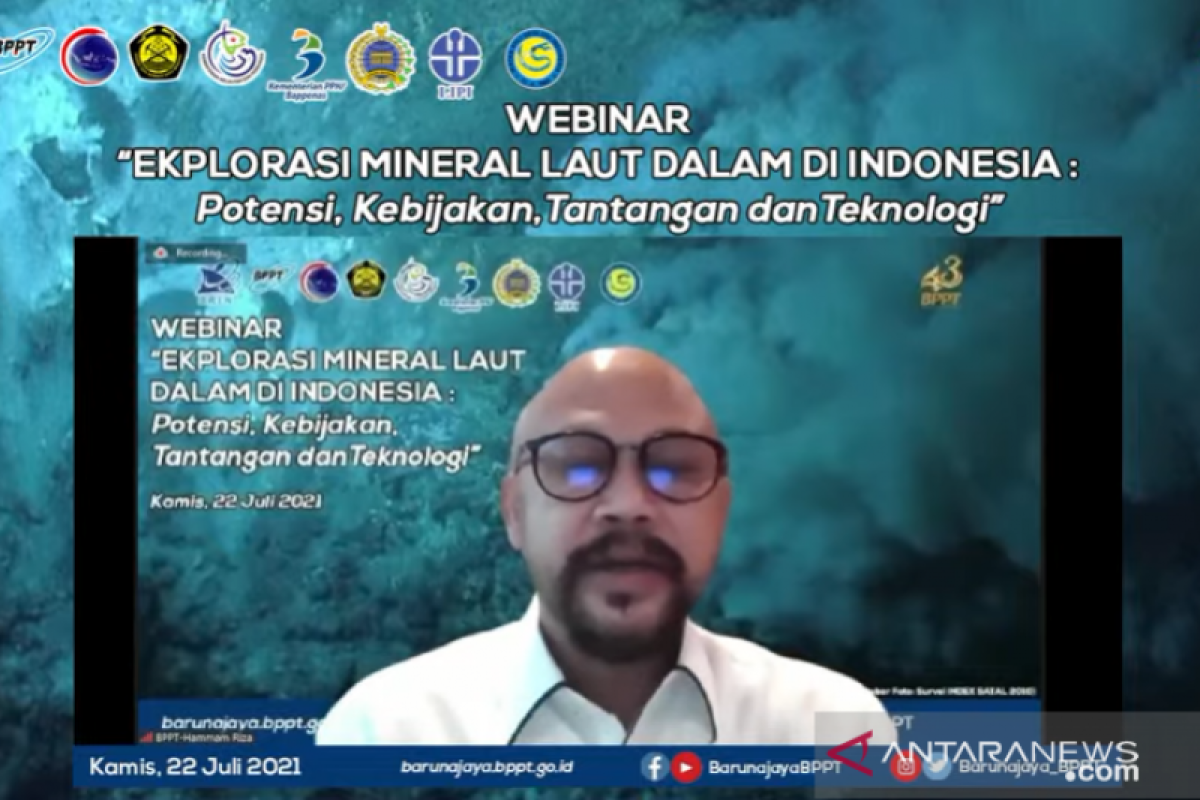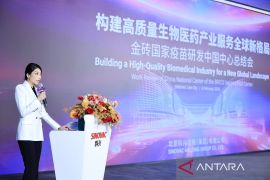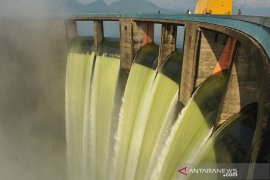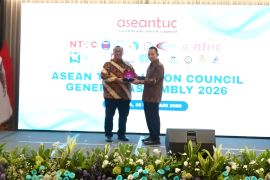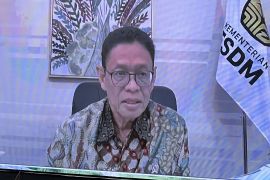"Why are deep sea minerals such an attractive and important natural resource? It is due to the fact that terrestrial mineral deposits for metals such as copper, nickel, aluminum, manganese, zinc, lithium, and cobalt are depleting," he said at a webinar on 'Exploration of Marine Minerals In Indonesia: Potential, Policy, Challenges and Technology' here on Thursday.
The demand for metals is also increasing for manufacturing high-tech applications or for use in products, such as smartphones, and green technology or environmentally friendly technologies, such as electric vehicles, wind turbines, solar panels, and electric storage batteries, he pointed out.
Hence, in the last decade, the demand for mineral deposits in the deep sea, the sea area below 200 meters, and covering about 65 percent of the earth's surface, has been increasing, he said.
The World Bank estimates the demand for essential metals to implement energy storage technologies, as well as solar and wind technologies needed to limit climate change to below 2°C, at more than three billion tons, he noted.
Meanwhile, the Institute for Sustainable Futures has calculated that, in a scenario of a global temperature rise limited to less than 1.5 degrees, demand for cobalt will increase to 423 percent by 2050, while demand for nickel will increase to 136 percent, and lithium 280 percent, Riza said. The metals will be needed to produce energy and renewable storage, he added.
The increasing demand for metal for infrastructure will have a major impact on global demand, he said.
He cited the example of electric vehicle production, which is projected to increase from 5 million units currently to 245 million units by 2030, an increase of more than 30 times compared to the current levels. There are nearly one billion passenger cars in operation today, he said adding, he estimates that their number will rise to two billion by 2040.
Electric vehicles use at least four times the amount of metals used in gasoline or diesel cars, Riza informed. Electric vehicles fueled by 75KWh batteries require 56 kilograms (kg) of nickel, 12 kg of manganese, 7 kg of cobalt, and 85 kg of copper for power cables, he added.
"Hence, deep sea mineral sources will be the key answer for future needs," he remarked.
Related news: Indonesia prepares regulation to allow limited exports of minerals
Related news: Stop unsustainable exploitation of natural resources: MP
Translator: Martha Herlinawati Simanjuntak
Editor: Suharto
Copyright © ANTARA 2021
